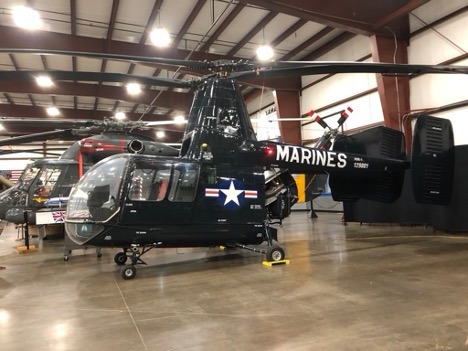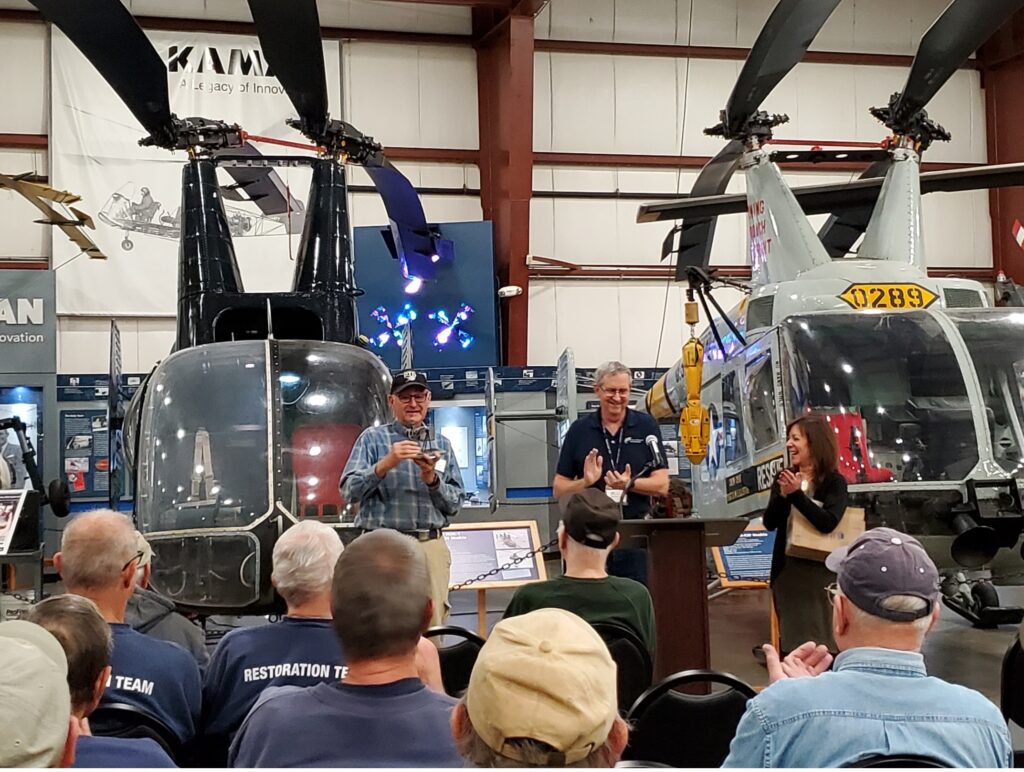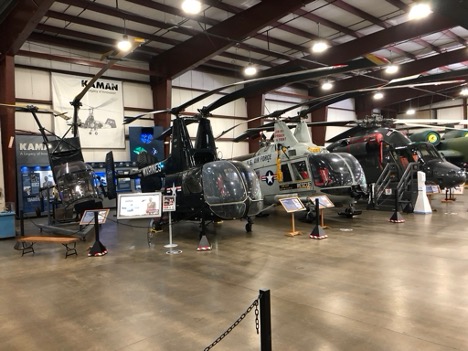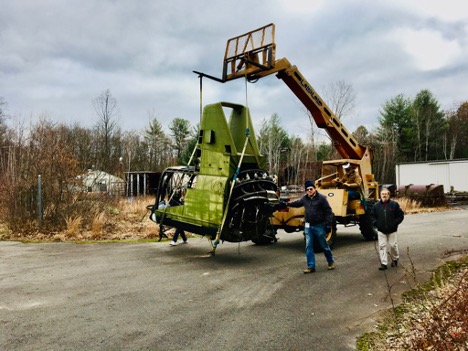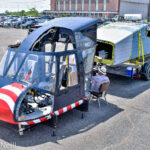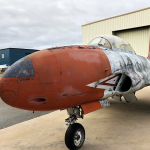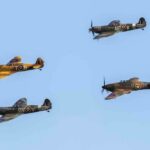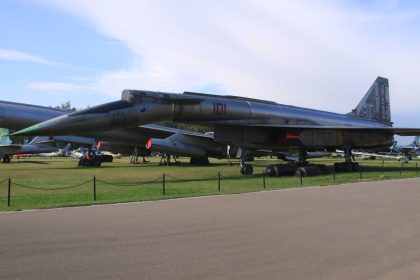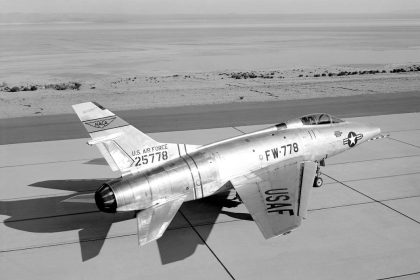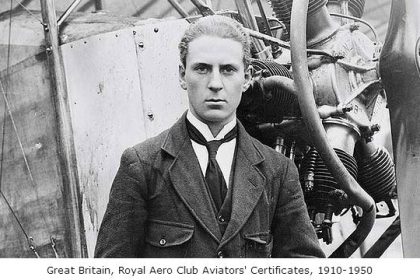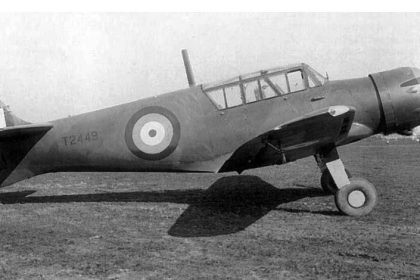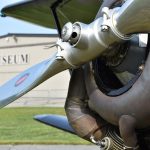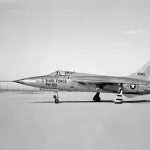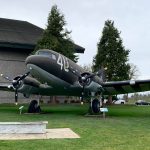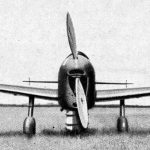Staff and volunteers of the New England Air Museum were joined by executives of the Kaman Corporation for the official dedication of the museum’s Kaman HOK-1.
The HOK-1 features the intermeshing rotor system found in all but one of the Kaman helicopter designs. Typically referred to simply as the “HOK”, the type never received an official name. It was used by the U.S. Marine Corps as an observation platform, and also served in the medevac role when fitted with an internal rack holding two litters. The HOK was born and entirely built in Connecticut, with the airframe built at the Kaman facility in Bloomfield, and the 600-horsepower R-1340 engine produced by East Hartford based Pratt & Whitney. The Marines flew the type until early 1965, when it was replaced by the Bell UH-1E Huey.
The museum’s HOK (BuNo 129801) was the sixth of 82 and was built in October 1953. This aircraft was never assigned to an active squadron but remained at the Kaman Flight Test Department in Bloomfield. It flew through to 1959 accumulating 938 hours. Kaman transferred ownership to the then-Bradley Air Museum in 1966. The devastating tornado of 1979 destroyed and damaged many of the museum’s aircraft, and the HOK did not escape unscathed. Although it was indoors, the hangar roof collapsed, and falling debris caused a great deal of damage. Efforts at restoration began in the 1980s but halted as other aircraft were given higher priority.
The HOK was put into storage and sat for the next thirty years. It saw the light of day for the first time in decades on November 29, 2018, with work beganing in earnest in early 2019. Disassembled individual components were cleaned and painted, and the engine and gearbox were pulled and rolled into the engine shop for restoration. A wooden rack was built to hold the tail booms for assembly and paint. Major components such as rotorheads, rotor blades, driveshafts, and upper pylons required a great deal of work.
A year into the restoration, the pandemic broke out. The museum was closed for months and brought restoration to a halt. When the museum did reopen, progress was slow but steady. The fuselage was painted in October 2020. Over the winter, the engine, gearbox, and interior components were installed. The tail booms and upper pylons were painted once the warm weather returned. With the installation of the tail booms and upper pylons, the driveshafts, rotor heads, and rotor blades were installed. Markings and other detail work were all that remained, and the aircraft was completed over the next few months. After almost four years of work by the restoration team, the completed aircraft has now taken its place in the museum’s extensive collection of Kaman helicopters.







